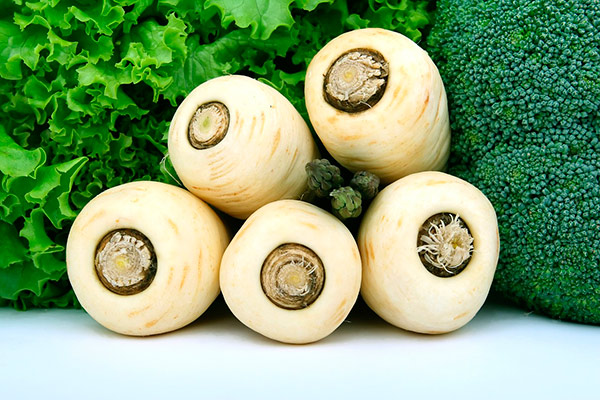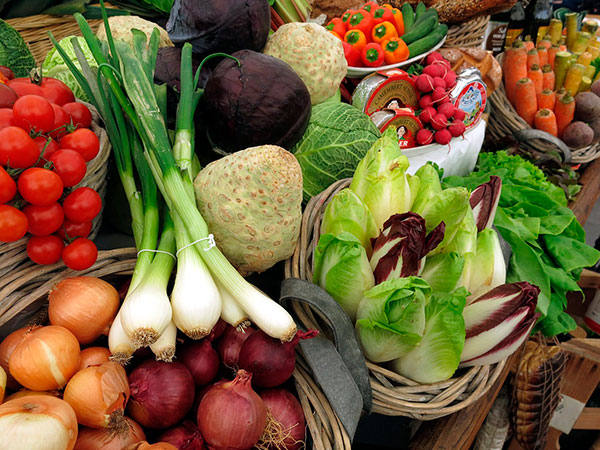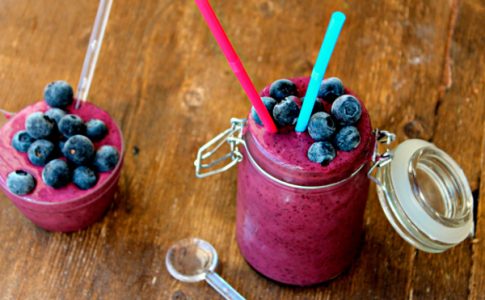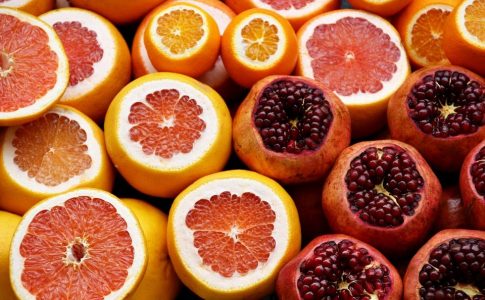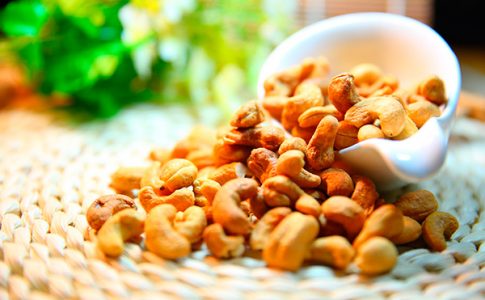During the cold winter months, our body needs the proper defences and seasonal vegetables are perfect to ward off seasonal ailments and annoyances such as colds and general illnesses generated by low outdoor temperatures and temperature changes from autumn to winter. Vegetables are rich in vitamins and minerals, and the fruit of December, January and February will help maintain our immune systems and health during winter.
In-season winter vegetables
Nature provides us with natural nutrients and vitamins that help us to stay fit throughout the year. These natural treasures come in the form of different types of vegetables. The wide variety of vegetables that are available during winter allows us to have a diverse diet rich in nutrients. Thanks to the different properties within each different vegetable, we can enjoy a wide variety of vegetables during the colder months of the year. Let’s take a look at the most popular winter vegetables.
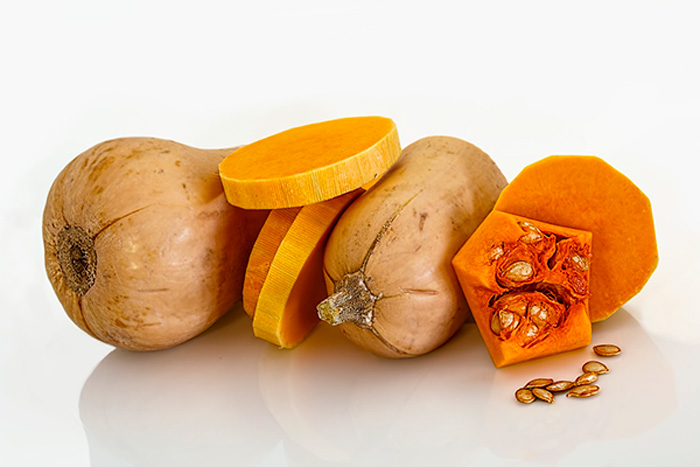
Leeks
Leeks, like garlic and onions, belong to a vegetable family called the Allium vegetables. Since leeks are related to garlic and onions, they contain many of the same beneficial compounds. Leeks are bursting with vitamin K which is essential for maintaining strong and healthy bones amongst other things. Leeks are great for combining with potatoes for soup, chicken for pies or a rich cheese sauce for example. They’re also excellent on their own with butter and black pepper. However you decide to cook them, they are bursting with nutrients and vitamins to help you get through those difficult winter months.
Kale
Labelled the ‘queen of greens’ and in recent studies one of the best ‘super foods‘ that we can add into our diets. It may have acquired these names due to it being rich in fibre and low in calories which is perfect for the digestive system. Along with fibre, kale is bursting with iron and vitamin K which are both essential for blood transportation and blood components. High iron content is also an added benefit for those who suffer from anaemia. Vitamin A and C are also present in this magnificent green. Vitamin A is essential for your vision and skin and vitamin C is a great ally for your immune system, metabolism and hydration. No wonder kale is classed as a ‘super food.’
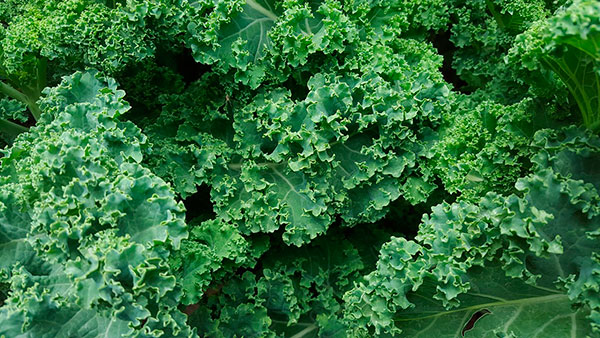
Brussels sprouts
Love them or hate them, brussels sprouts are bursting with vitamins and minerals which are essential for our daily diets. Well known for being added to a Christmas dinner, they are low in calories and a great source of potassium and fibre. Many people don’t like brussels sprouts as they are notorious for being smelly. This is down to them being overcooked. Overcooking brussels sprouts will change the nutrient content, therefore it’s always best to keep an eye on the little cabbages and make sure you don’t over cook them. Brussel sprouts are full of health benefits…so maybe think twice before you decide to refuse to eat them from your Christmas dinner.
Parsnips
Parsnips are a sweet, succulent underground vegetable closely related to the carrot family. Parsnips have the capability to increase serotonin within the brain, which will help you to feel happier! Since parsnips are a low-calorie option with high levels of soluble fibre, they fill you up which will reduce the likelihood of snacking between meals and help you with your weight loss goals. Parsnips are packed with essential vitamins, antioxidants and organic compounds that safeguard the body from foreign invaders. Parsnips are also full of vitamin E and C which are essential vitamins for our daily diets.
